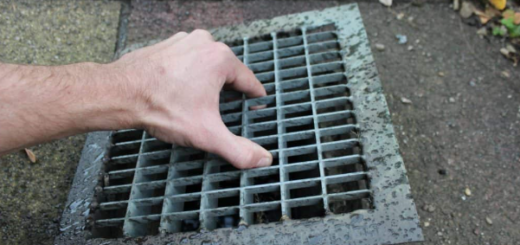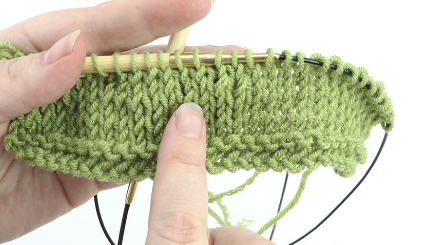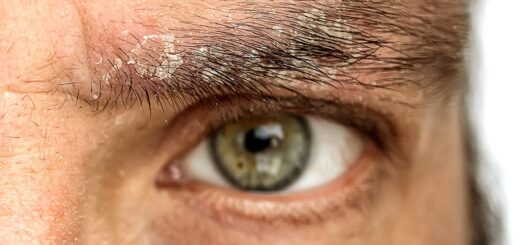How to Reduce the Pain When You Get Your Braces Tightened
When you’re a teenager, there are few experiences more dreaded than getting your braces tightened. Not only is the process awful and uncomfortable while it’s being performed, but your mouth is in pain afterwards. Fortunately, there are a few things you can do to make the experience a lot less painful after the procedure is performed, and you will be very thankful that you did. Here is how to reduce the pain when you get your braces tightened.
Stay Hydrated
In general, you always want to stay very hydrated to maintain a healthy lifestyle, but when you get your braces tightened, you definitely want to make sure that you have been hydrating for at least a few days. This is because a lot of the pain you’re feeling is the result of swelling in the areas that are being pushed and pulled from all the tightening in your gums. The more hydrated you are, the easier it will be for that swelling to flush itself out. Also, if you drink really cold water right before you get your braces tightened, your gums will be a little bit numb to the pain.
Floss Well
The stronger and healthier your gums are, the less it’s going to hurt when you get your braces tightened. That’s why you want to be sure you’re flossing every day, or at least every day for a week or so before you get your braces tightened. If you don’t, your gums will be inflamed, which causes them to bleed and hurt more then they have to. So as much as everyone hates to floss, you’ll really be glad you did when it comes time to tighten your braces.
Apply a Topical Anesthetic
An oral anesthetic in the form of topical gel is an option when you’re in extreme pain. Most pediatricians advise against using these kinds of topical anesthetics when your child is teething, but by the time they’re wearing braces, it is just fine in moderation. If you’re asking yourself, “what age do children get braces?” it all depends on when all of their adult teeth come in. At that point you will be able to see if they have an uneven bite or crowding starting to form.
Eat Soft Foods
One of the best ways to minimize any pain or discomfort is to keep your meals as soft as possible. You don’t want to exert any more stress on your gums or your jaw by chewing, so try to eat a diet of soft foods and liquid. Aside from the typical smoothies, milkshakes and ice cream, you want to get in some good nutrients by eating plenty of soup and oatmeal, and drinking plenty of vegetable juices.
Take a Mild Pain Killer
Sometimes the pain is just so intense that it’s necessary to take a mild over-the-counter pain killer, such as aspirin, acetaminophen or ibuprofen. Just make sure that you don’t take more than the recommended dose, and you want to try to avoid taking it if other techniques work to mitigate your pain.













